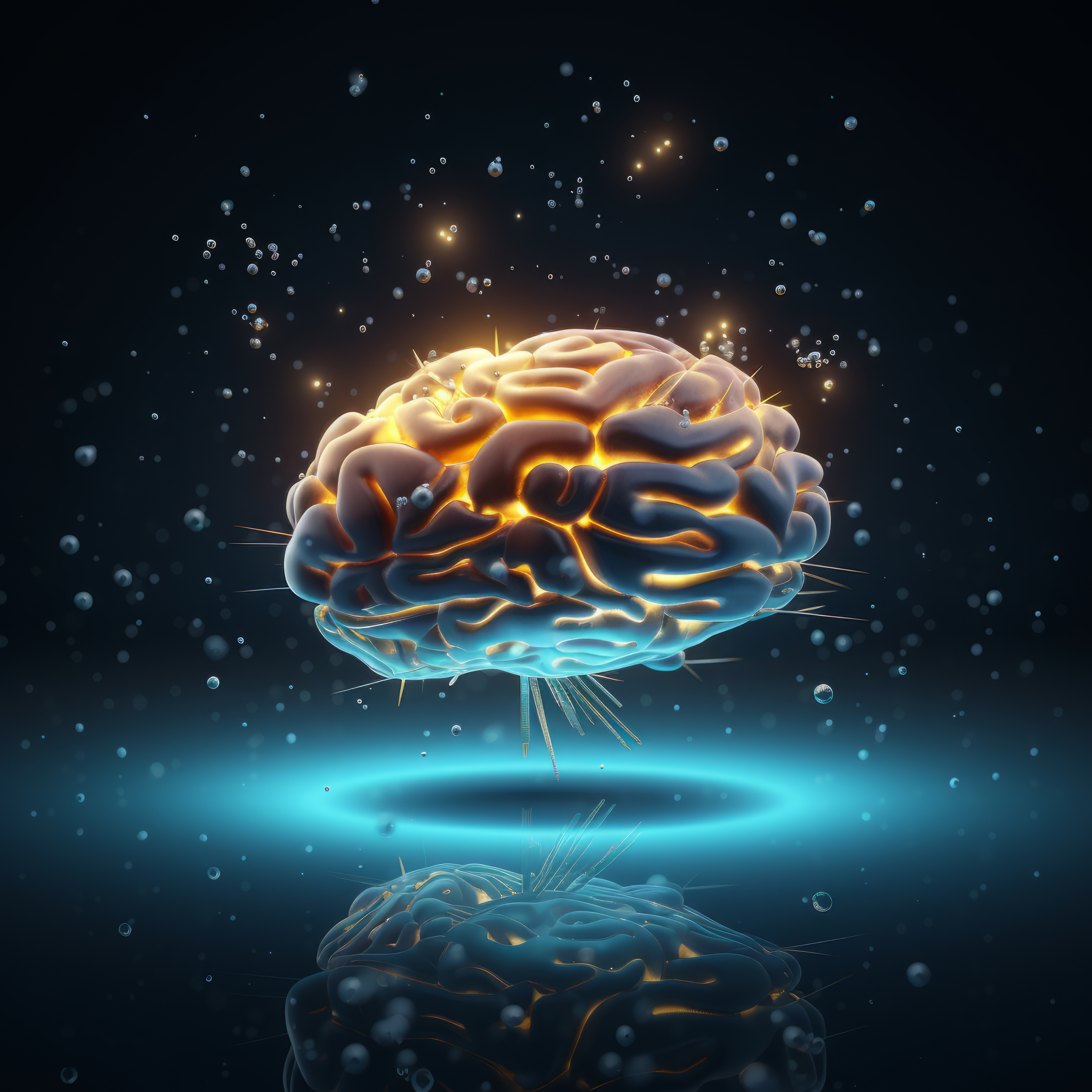
BRAIN
The brain is a highly complex and vital organ of the central nervous system. Neurosurgeons specialize in the diagnosis and surgical treatment of disorders and conditions affecting the brain, spinal cord, and peripheral nerves.
Here are key aspects of the human brain :
1. Anatomy 2. Cerebral Vasculature 3. Cerebrospinal Fluid 4. Nervous Tissue 5. Functional Areas 6. Trauma 7. Minimally Invasive Techniques 8. Epilepsy Surgery 9. Neurological Disorders 10. Research and Innovation:
Anatomy
The human brain is divided into several main regions, including the cerebrum, cerebellum, and brainstem. The cerebrum is further divided into lobes (frontal, parietal, temporal, and occipital), each responsible for different functions.
Cerebral Vasculature
The brain is supplied with blood by a network of arteries and veins. Neurosurgeons are concerned with conditions such as aneurysms, vascular malformations, and ischemic or hemorrhagic strokes that affect the blood supply to the brain.
Cerebrospinal Fluid
The brain is surrounded by cerebrospinal fluid, which provides buoyancy and protection. Conditions like hydrocephalus, where there is an abnormal accumulation of CSF, fall within the purview of neurosurgery.
Nervous Tissue
Neurosurgeons deal with disorders involving nervous tissue, such as tumors (benign or malignant), infections, and neurodegenerative diseases.
Functional Areas
Understanding the functional areas of the brain is crucial for neurosurgeons. Different regions control movement, sensation, language, memory, and other cognitive functions. Surgical interventions must consider the preservation of critical functions.
Trauma
Neurosurgeons are involved in the treatment of traumatic brain injuries resulting from accidents, falls, or other events. This may involve surgical procedures to alleviate bleeding, reduce swelling, or address skull fractures.
Minimally Invasive Techniques
Advancements in neurosurgery include the development of minimally invasive techniques, such as endoscopic procedures and stereotactic surgery, which allow for precision in accessing and treating brain lesions with minimal disruption to healthy tissue.
Epilepsy Surgery
Neurosurgeons may perform surgeries to treat epilepsy, including procedures to remove or disconnect abnormal brain tissue that is causing seizures.
Neurological Disorders
Neurosurgeons are involved in the management of a wide range of neurological disorders, including neurovascular diseases, neuroinfections, and autoimmune conditions affecting the nervous system.
Research and Innovation
Neurosurgeons are often engaged in research to advance the understanding of brain function and develop innovative surgical techniques and treatments for neurological conditions.
